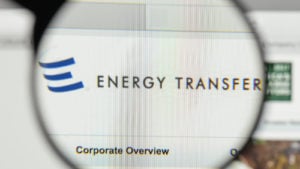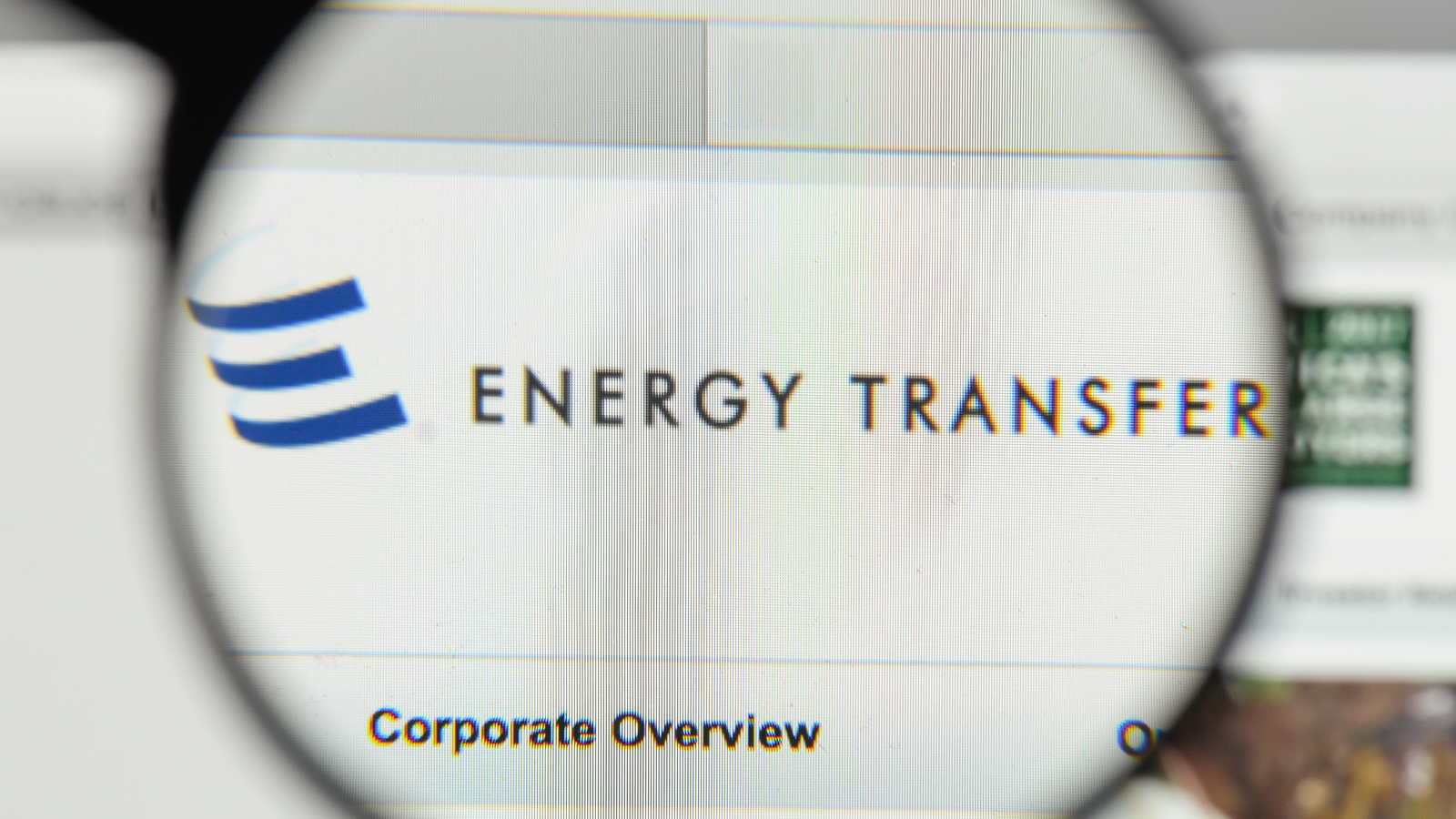Energy Transfer (NYSE:ET) is a surprisingly polarizing stock. On the one hand, it seems to have caught the attention of Robinhood investors. Undoubtedly, they are attracted to the low share price. But as Josh Enomoto wrote recently, investors should not blindly apply the buy low, sell high mantra to ET stock.

On the other hand, David Moadel finds ET stock to be a very attractive investment. Moadel’s enthusiasm lies in the company’s juicy dividend yield. However it’s a dividend that, for now, is secure.
Right now the energy sector has been under such price pressure that even the environmental lobby is quiet. Why make waves when the virus is still putting a tight lid on demand for oil and related energy products.
Unfortunately that’s not the case with Energy Transfer. The master limited partnership is finding itself in legal battles on two fronts, either of which could have a significant effect on the stock price and/or its dividend.
But the upcoming election and current economic climate are two additional reasons to be cautious on ET stock.
Too Many Metaphorical Leaks in the Pipeline
Over the summer, investors were spooked by the possibility that Energy Transfer would have to shut down its Dakota Asset pipeline pending an environmental review. However, the company reported on its earnings call that the court had issued a stay of the order.
Of course this doesn’t mean the issue is settled. But it means, for now, Energy Transfer will continue to generate revenue from the pipeline.
But now there’s another concern. This one is coming from the company’s Mariner East pipeline in Pennsylvania. The company is facing $355 thousand in fines and the real threat of having to reroute entire sections of the pipeline while putting the areas currently under construction “back in place.”
This was summed up in a Seeking Alpha article that suggests Energy Transfer management may be in for a series of ever-increasing fines.
I don’t have any idea how the legal issues surrounding the company will play out. However it’s becoming clear that Energy Transfer is developing a reputation. And not a good one when it comes to developing pipelines.
Legal uncertainty may not be affecting the company’s output (and revenue) for now. However it will continue to hang over the company. And that should give dividend investors some pause.
Ian Bezek noted that the company’s dividend payments exceeded its net income in normal times. Now that Energy Transfer may face declining revenue on two fronts, it’s likely the dividend will get cut.
Is that fatal? No, particularly when you’re starting from a yield that is over 20% as of this writing. But if the dividend is your only reason for holding the stock, it’s a reason for concern.
ET Stock Faces Broader Macroeconomic Issues
Another way that Energy Transfer’s legal issues are likely to affect the company is in the area of free cash flow (FCF). On the company’s conference call after posting earnings in August, the company optimistically cited 2021 as a time when it would become FCF positive. But that was presuming a favorable resolution to the Dakota Pipeline litigation and before the latest problems at Mariner East.
It would seem that the company’s estimates now look too optimistic. Again, in and of itself, a delay in reaching positive FCF is not fatal, but it’s another yellow flag.
But perhaps the biggest obstacle that investors need to be wary of is the upcoming election. It’s been no secret that Energy Transfer benefited (at least initially) from the current administration’s energy policies. It’s also no secret that things will get far worse if the occupant of the White House changes parties.
And let’s not forget. The economy is still far from healthy. And demand for oil and natural gas is likely to remain suppressed at least through the early part of this upcoming winter, and perhaps beyond.
Ongoing legal battles. A possible change in energy policy. And an economic recession. That’s a trilogy of concerns that can’t be papered over with a dividend that may not be quite as juicy in the near future.
On the date of publication Chris Markoch did not have (either directly or indirectly) any positions in the securities mentioned in this article.
Chris Markoch is a freelance financial copywriter who has been covering the market for over five years. He has been writing for Investor Place since 2019.
